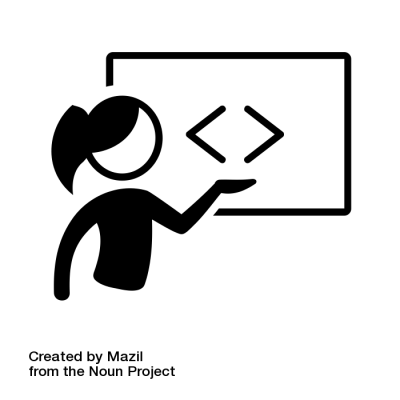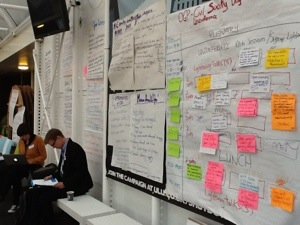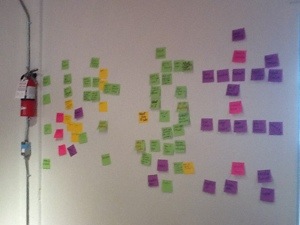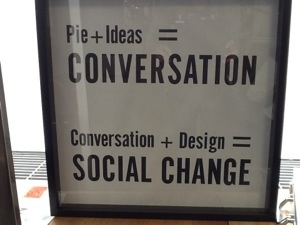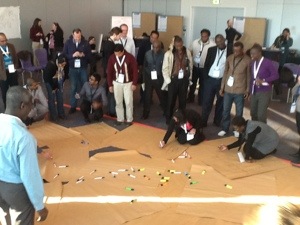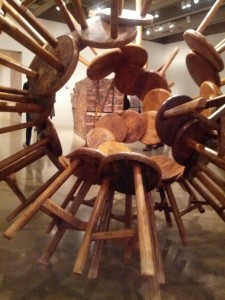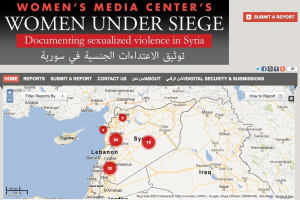What happened to the Community Toolkit project? Last year many community leaders at Mozfest hacked the table of contents for a Community Handbook. Our goal was to take all the content, divide up the chapters and start writing on Github.
About the project:
Open wins when we share tools, tips and cheats to build community. This remixable toolkit aims to help communities and community builders learn best practises and remix tools, guidelines and resources. The emphasis is on practical, “grab-and-go” templates, worksheets and modules anyone can use quickly! ![]()
Contains:
- Remixable toolkits
- Best practises, use cases and examples
- Cheatsheets, recipes and templates
The team set up a trello board, Hackpad and a github account. Then, while it would be simple to say life and work happened for the leaders, there is much more to this story for me.
The Missing Chapters
Perhaps this Toolkit needed some missing chapters:
- Hiring a new Executive Director
- Onboarding your Executive Director
- Guiding your community through a the largest event they have done (7500 mappers for Nepal)
- Negotiating, navigating and transitioning the community and organization through big changes
- Crowdfunding must be your friend
- Board management and call a friend/Advisor
As volunteer who started a job in a new country, I only had 10-20 hours a week to contribute to a project this year. I really did not anticipate that I would be working countless extra hours to help on the above big items. But, as the president of Humanitarian OpenStreetMap Team‘s Board it was absolutely what had to be the priority. While every community leader is a master of all trades, these were some big lessons for me and for our community. One thing I will be doing soon is open sourcing all the templates for how we handled the transitions, search/outreach, evaluation, and hiring. We had some excellent help from Allen Gunn (Gunner of Aspiration Tech). I looked long and hard for guides and resources on how to do this. There were just few documents for open source communities, so we created them. We will share these back with you because at some point your community will need to do this. (All the personal info will be removed.)
What’s next
This project needs to live, but we need a few more hands and someone else to be lead dancer for awhile.
If you and your team ever have these types of big items happen in your community, contact me. We are in this together to build open. I am your resource and support.
Ode to Mozfest
For my Mozfest allies: This year for the first time ever I am missing Mozfest. I was there at Drumbeat and then all the next iterations. Living in Doha makes for a long trip and work has me head down on tasks. I miss the creative interactions and wonderment of hanging out with my open soulsisters and brothers. Truly, I can’t wait to see what you create. Happy Mozfest!
